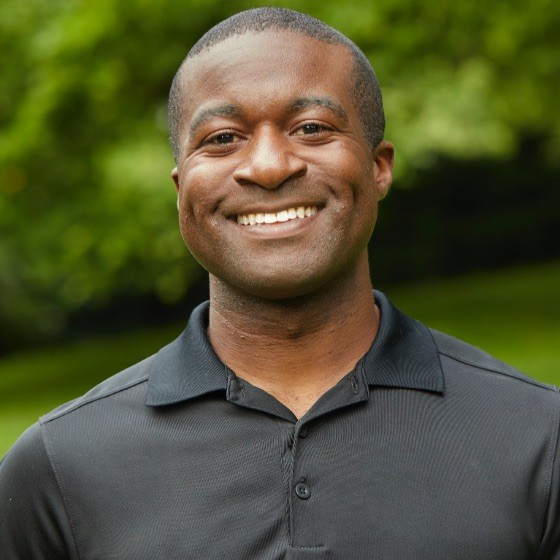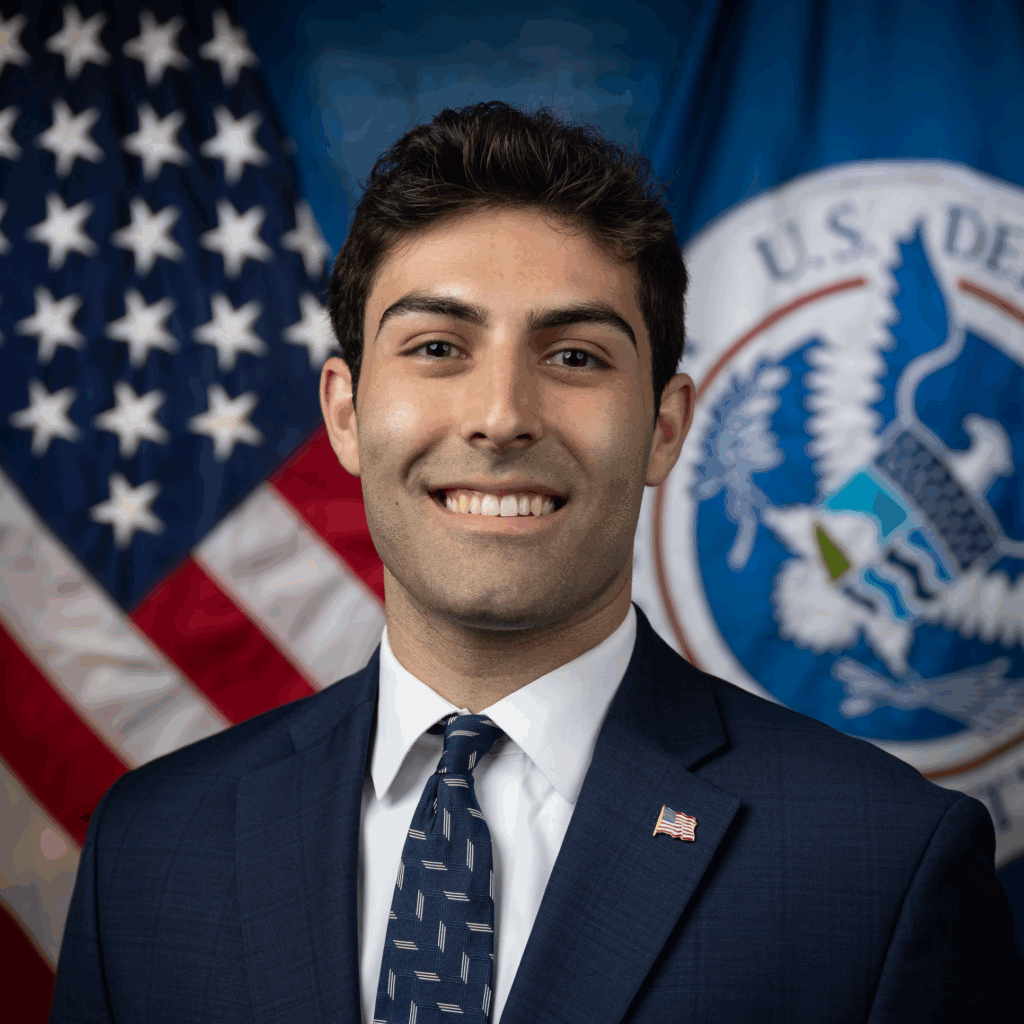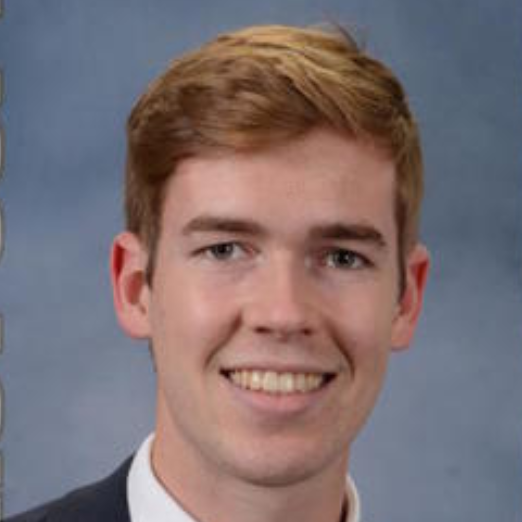Aspen Digital is proud to announce the launch of the Cyber Civil Defense (CCD) Emerging Leaders pilot program. Over the coming months, an inaugural cohort of early-career direct service cybersecurity professionals will join the Aspen Digital team for a series of virtual sessions on cyber policy, led by our network of experts.
Our Emerging Leaders are experts in areas ranging from tactical threat response to cybercrime prosecutions, and are committed to translating their technical expertise to shaping effective, forward-looking cyber policy.
From July through October 2025, the Cyber Civil Defense Emerging Leaders will:
- Learn about the federal policymaking process through guided learning sessions, individual research, and writing workshops
- Connect with our network of experts and practitioners in cybersecurity and technology policy
- Develop tools to engage with policymakers on critical infrastructure resiliency
Pilot participants were selected from a diverse group of emerging leaders in cybersecurity from across the United States. Their selection reflects not only their achievements to date as cybersecurity professionals but also their potential to shape the future of cyber civil defense in meaningful and lasting ways.
Meet the Leaders

Brianna Bace is a researcher at the SUNY Research Foundation and an adjunct lecturer at the University at Albany, where she previously earned an MPA with a focus on cybersecurity, as well as a BA in Emergency Preparedness, Homeland Security, and Cybersecurity (EHC), and Political Science. She has published research on several critical topics, including catastrophic cyber risk management, the applicability of international law to cyberattacks, and cybersecurity in the space sector. Brianna is a 2024–2025 Yale Law School Launchpad Scholar and plans to apply to law school this fall.

Ashton Bracey is a Captain in the U.S. Army Reserve, serving within the U.S. Army Civil Affairs and Psychological Operations Command (USACAPOC), and is currently pursuing a Master of Science in Cybersecurity at Fordham University. Outside of the graduate curriculum, Ashton conducts research on information distribution through social media and its impact on real-world events. With six years of military experience, including leadership roles during a deployment to the Persian Gulf, Ashton is eager to learn how policy can be effectively implemented to drive intended outcomes while minimizing unintended consequences.
Darlington Ibe is a cybersecurity professional who is currently working in the public sector. Darlington holds a master’s degree from the School of Advanced International Studies (SAIS) at the Johns Hopkins University, where he focused on cybersecurity, emerging technology, and strategy. He also holds a bachelor’s degree from the American University.

Anna Lanzino is a recent Master’s graduate from UC Berkeley focused on cybersecurity, technology policy, and digital equity. She has worked with over 10 nonprofits through the UC Berkeley Cybersecurity Clinic, crafting risk assessments and policy recommendations. A former software engineer, she is passionate about combining her technical skills and policy knowledge to make cybersecurity accessible to the frontline organizations that are providing critical community support. In her spare time, Anna enjoys dancing Argentine tango and both dog- and people-watching.

Sina Nemazi serves as the Cybersecurity Manager for the 2026 FIFA World Cup (FWC26), executing the Cybersecurity program across the FWC26 infrastructure. In his work, he collaborates with the governments of Canada, Mexico, and the United States as well as external stakeholders to align them to the overarching FIFA Cybersecurity principles. Formerly, Sina served as a Biden-Harris White House Presidential Political Appointee at the U.S. Department of Homeland Security (DHS) as Special Advisor to the Assistant Secretary for Cyber, Infrastructure, Risk, and Resilience. He advised the Assistant Secretary on implementing strategic priorities regarding cyber, infrastructure, risk, and resilience policies.

Sara Takhim is a Cybersecurity Consultant with IBM X-Force Incident Response, where she guides high-profile cybersecurity investigations and combats threats on a daily basis. Her interest began in high school and evolved into a career at the intersection of technical response and strategic risk mitigation. Public service and mentorship remain central to her focus. A recent Northeastern University graduate, she served as President of the Women in Tech Club and mentors with First Tech Fund to expand access to technology careers. Through this program, Sara is committed to bridging policy and practice to build a more resilient, inclusive cybersecurity ecosystem.

John (Jack) Tyndall is a master’s student from Fort Wayne Indiana. Jack is studying Cybersecurity Risk Management as a CyberCorps Scholar at Indiana University. At IU he also participates in Student Government and Ultimate Frisbee, which he has sadly yet to find a way to combine. He’s excited to work in government combining a passion for legislative policy and technical expertise to prepare the United States for rapid advancements in an efficient and sustainable manner.

Bryce Wulkan is a second-year law student at George Mason University’s Antonin Scalia Law School. He is a research assistant to Professor Paolo Saguato, supporting scholarship on tokenization and the evolving role of digital assets in financial markets. Bryce is also a founding board member of the school’s AI Law Society, where he helps lead discussions on the legal and practical implications of artificial intelligence. Bryce has also interned with the felony division of the Florida State Attorney’s Office, contributing to cybercrime prosecutions. Outside of law and tech, Bryce enjoys SCUBA diving—he’s even dove in the world’s second largest aquarium.





